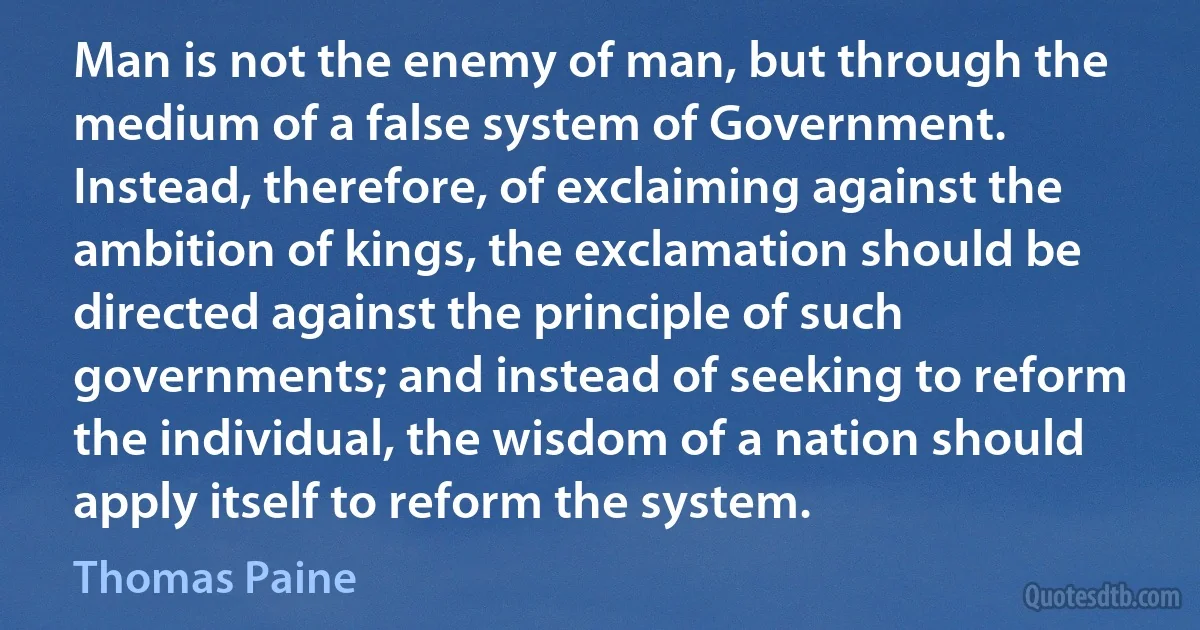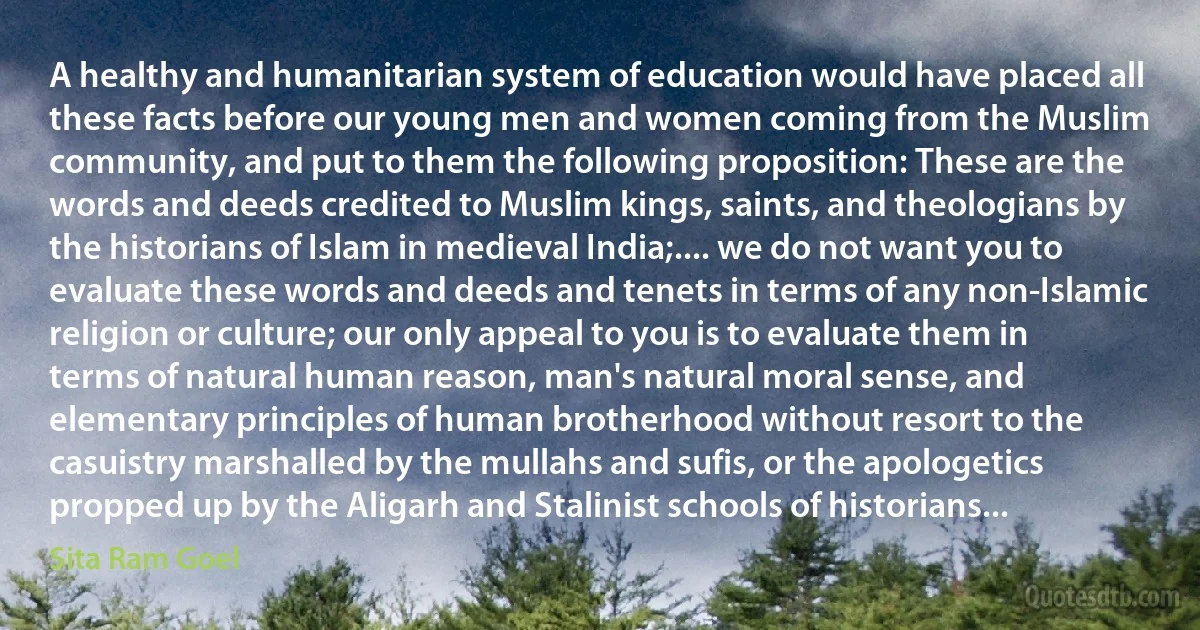Kings Quotes - page 17
Where we used to see a panorama of wars and strutting kings and court harlots, we now see the struggle of the people to wrest a living from nature and to shake off their oppressors. The new present has created a new past. The French Revolution was the birth of modern democracy, and also of the modern school of history.

Walter Rauschenbusch
The moral ideal would embrace the whole of life. In its sight nothing is petty or indifferent. It touches the veriest trifles and turns them into shining gold. We are royal by virtue of it, and like the kings in the fairy tale, we may never lay aside our crowns.
The moral order never is, but is ever becoming. It grows with our growth.

Felix Adler
The magnitude of crimes credited to Muslim monarchs by the medieval Muslim historians, was beyond measure. With a few exceptions, Muslim kings and commanders were monsters who stopped at no crime when it came to their Hindu subjects. But what strikes as more significant is the broad pattern of those crimes. The pattern is that of a jihãd in which the ghãzîs of Islam 1) invade infidel lands; 2) massacre as many infidel men, women, and children, particularly Brahmins, as they like after winning a victory; 3) capture the survivors to be sold as slaves; 4) plunder every place and person; 5) demolish idolatrous places of worship and build mosques in their places; and 6) defile idols which are flung into public squares or made into steps leading to mosques.

Sita Ram Goel
Three conclusions can be safely drawn from a study of these 21 inscriptions. Firstly, the destruction of Hindu temples continued throughout the Muslim rule, from the date of its first establishment at Delhi in AD 1192 to its downfall with the death of the Mughal emperor Muhammad Shah in 1748. Secondly, the destruction took place all over India and was undertaken by rulers belonging to all Muslim dynasties, imperial as well as provincial. Thirdly, the destruction had no economic or political motive as has been proposed by Marxist scholars and Muslim apologists; it was inspired by religious zeal and regarded as a pious performance by Muslim kings and commanders, all of whom took considerable pride in it and sought blessing from Allãh and the Prophet. The iconoclasts, it may be added, have been idolised all along as paragons of faith, virtue, justice and generosity. These conclusions become clearer still when we come to evidence from Islamic literary sources.

Sita Ram Goel
You have prayed to these priests -- they have answered you with death. You have shed your tears at the feet of these kings -- they have fed upon your flesh. You have clutched the garments of these rich men -- they have quenched their thirst with your blood ... NOW THE DAY OF PRAYERS AND TEARS HAS PASSED. THE DAY OF JUDGEMENT HAS COME.

George Lippard
England, as I persuade myself, still contains in it many kings; possesses, as old Rome did, many men not needing "election" to command, but eternally elected for it by the Maker Himself. England's one hope is in these, just now. They are among the silent, I believe; mostly far away from platforms and public palaverings; not speaking forth the image of their nobleness in transitory words, but imprinting it, each on his own little section of the world, in silent facts, in modest valiant actions, that will endure forevermore. They must sit silent no longer. They are summoned to assert themselves; to act forth, and articulately vindicate, in the teeth of howling multitudes, of a world too justly maddened into all manner of delirious clamors, what of wisdom they derive from God.

Thomas Carlyle



